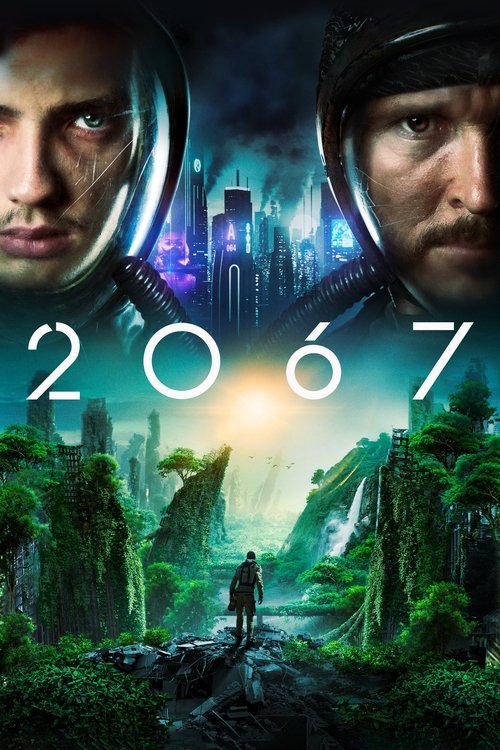Cast
View AllKodi Smit-McPhee
as Ethan Whyte
Ryan Kwanten
as Jude Mathers
Sana'a Shaik
as Xanthe Whyte
Aaron Glenane
as Richard Whyte
Leeanna Walsman
as Selene Whyte
Deborah Mailman
as Regina Jackson
Finn Little
as Young Ethan Whyte
Matt Testro
as Young Jude Mathers
Damian Walshe-Howling
as Billy Mitchell
Andy McPhee
as Desperate Worker
Rachael Wegener
as Jade
V. Wasylczenko
as Radio Broadcaster (voice)
Judd Wild
as Middle Class Man
Natasha Wanganeen
as Government Offical
Rory Walker
as News Broadcaster
Crew
Director
- Seth Larney
Writer
- Seth Larney
- Gareth Davies
Producer
- Lisa Shaunessy
- Kate Croser
- Jason Taylor
Reviews
SWITCH.
I live in Sydney, a city which suffered its worst air quality in ten years in 2020 due to smoke caused by bushfires. Not only that, but a long-promised clean air strategy for the state of New South Wales is already three years overdue. Deforestation, pollution and species extinction are some of the most pressing issues of our time, and many of the world's best storytellers are bringing these issues to life on film. That's a great thing: a well-crafted movie can actually bring us closer to nature and inspire us to protect it. Unfortunately, despite boasting some slick-looking effects, nifty set design and scarily relevant themes, the lumpy screenplay of '2067' makes it hard to recommend.
- Jake Watt
Read Jake's full article...
https://www.maketheswitch.com.au/article/review-2067-muddled-sci-fi-with-an-ecological-conscience
Oct 15, 2020
Thematic Analysis
As a science fiction narrative, 2067 explores potential technological and societal futures, raising important questions about humanity's place in the universe and our evolutionary trajectory. The film stands apart from other sci-fi works by presenting a vision that is both thought-provoking and visually distinctive.
Director Seth Larney brings their distinctive visual style to this film, continuing their exploration of themes seen in their previous works while adding new elements. Their approach to pacing and visual storytelling creates a viewing experience that rewards close attention.
Released in 2020, the film exists within a cultural context that continues to evolve with our understanding of its themes. Its reception demonstrates the diverse reactions to its artistic choices and its place in cinema history.
Did You Know?
- The production of 2067 took approximately 31 months from pre-production to final cut.
- The final cut of the film runs for 114 minutes, though the director's initial assembly was reportedly 159 minutes long.
- The director insisted on using practical effects whenever possible, reserving CGI for only the most necessary scenes.
- The cast underwent specialized training for 5 weeks before filming began.
- The film contains approximately 1219 individual shots.
Historical Context
- In 2020, when this film is released:
- Streaming platforms had largely replaced traditional cinema and television models.
- Artificial intelligence was becoming increasingly integrated into daily life and creative industries.
- Streaming platforms were disrupting traditional distribution models and changing how audiences consumed films.
How This Film Stands Out
While 2067 shares thematic elements with other films in its genre, it distinguishes itself through its unique approach to storytelling, visual style, and character development.
Unlike Austin Powers: International Man of Mystery, which focuses more on action than character development, 2067 subverts genre expectations by exploring its themes with greater nuance.
While films like Austin Powers: The Spy Who Shagged Me and Austin Powers in Goldmember explore similar territory, 2067 stands apart through its distinctive directorial vision and pacing.
This film's unique contribution to cinema lies in its thoughtful balance of entertainment value and thematic depth, making it a valuable addition to its genre.
Details
- Release Date: October 1, 2020
- Runtime: 1h 54m


















